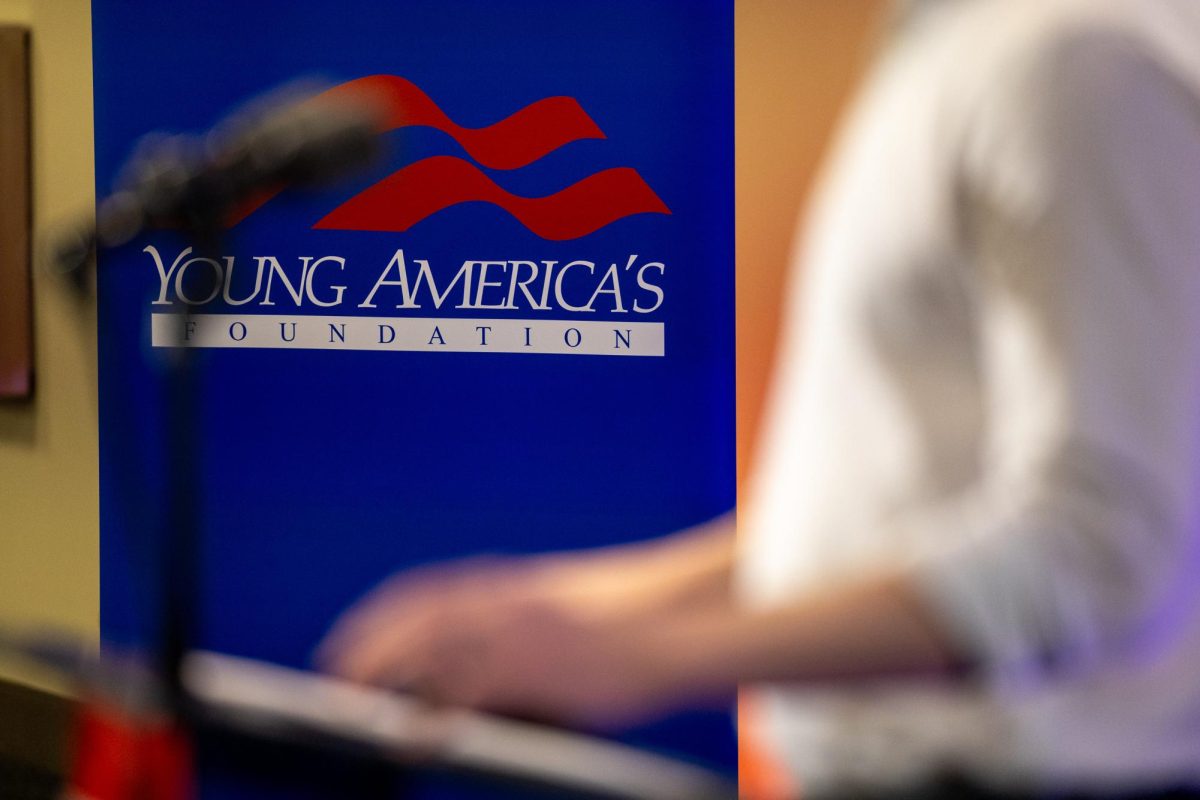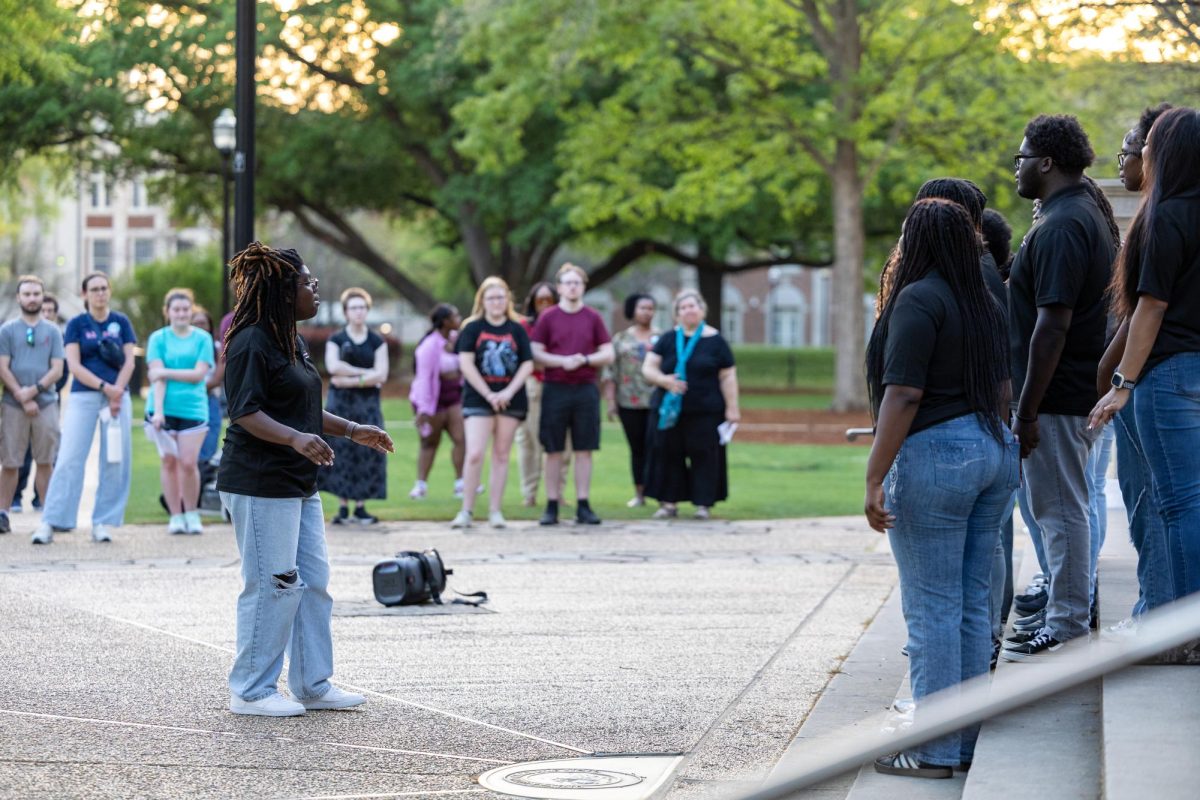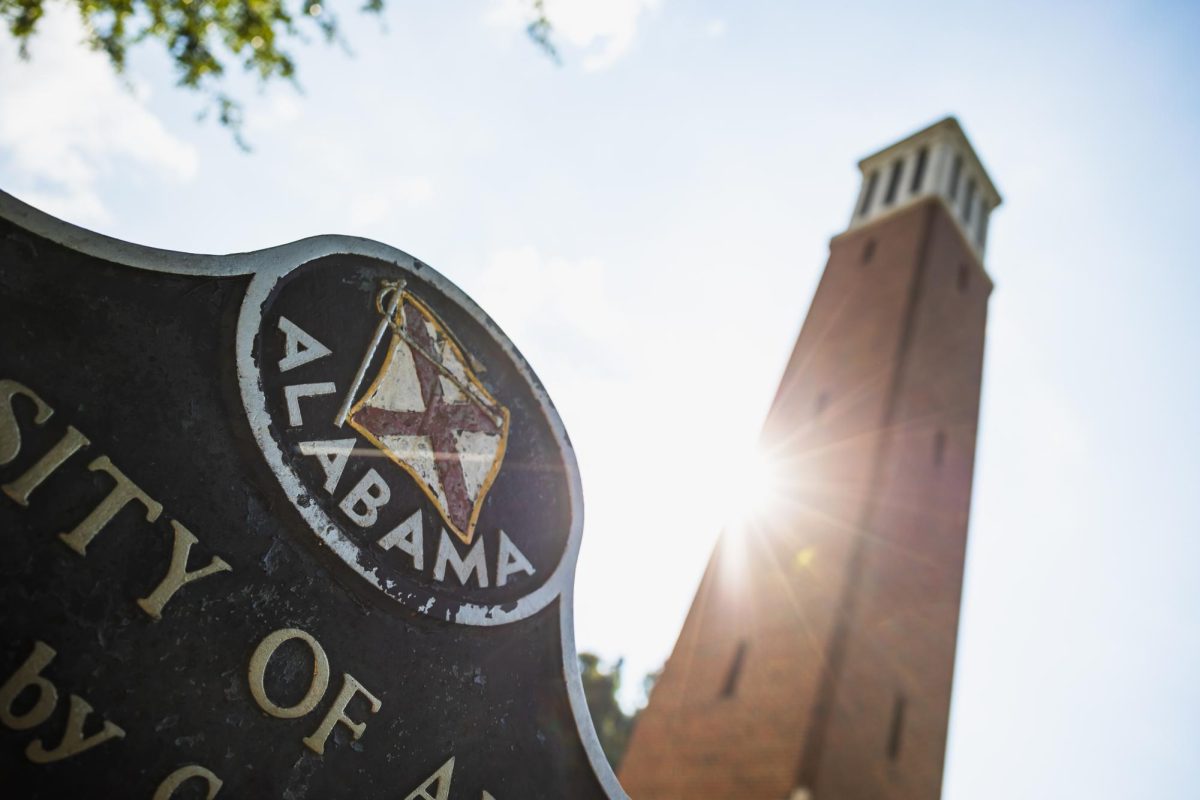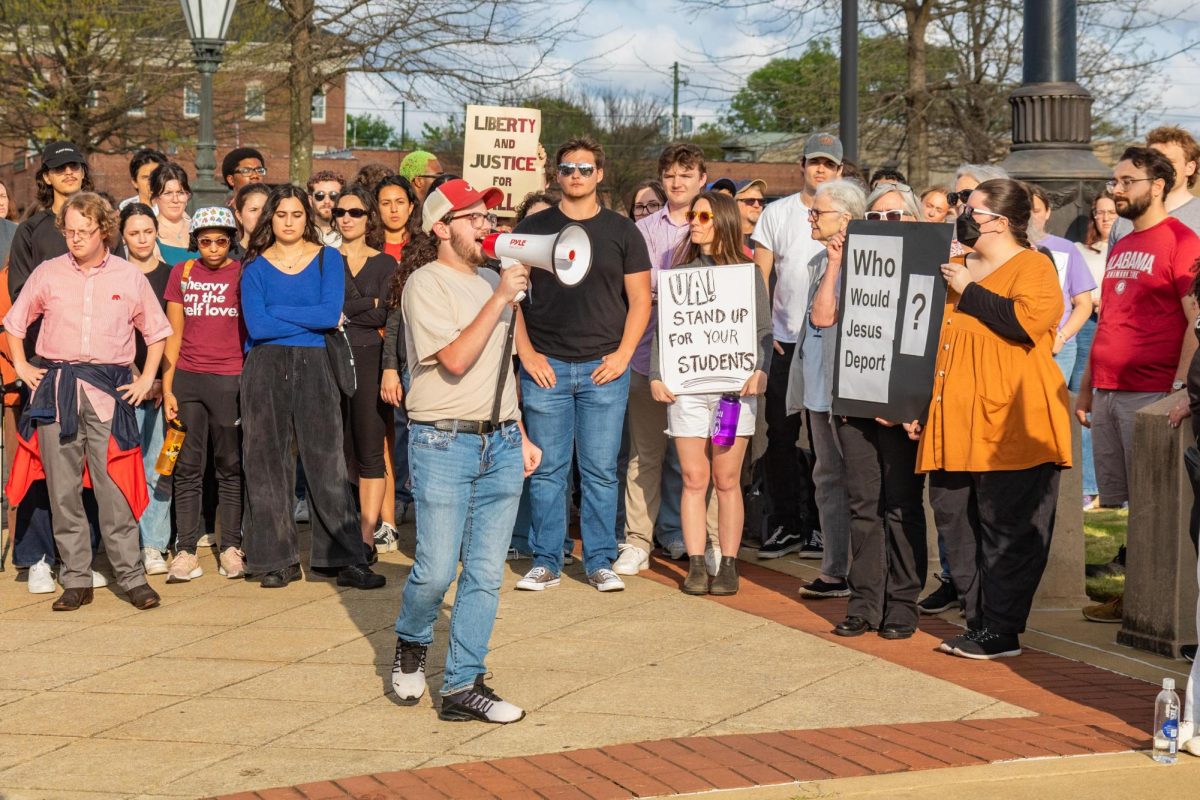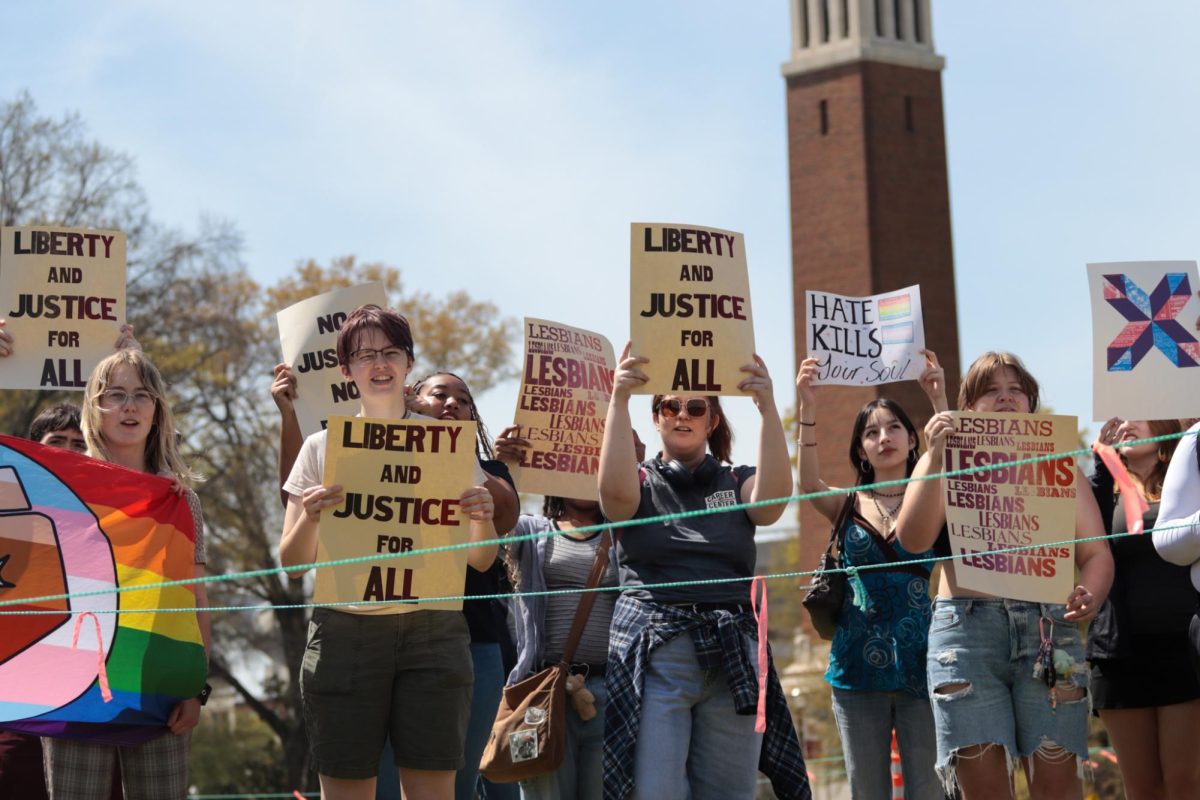The University changed its required nondiscrimination statement in student organization constitutions this month, following its granting of an exception to the statement for UA Young Americans for Freedom.
Earlier this month, UA YAF emailed University President Stuart Bell’s office and added Attorney General Steve Marshall to the chain “for extra pressure,” according to an article by UA YAF President Trenton Buffenbarger. Buffenbarger cited free speech concerns with what he said was “gender ideology” within the statement in the form of the terms “gender identity,” “gender expression” and “sexual identity” in a list of protected characteristics.
The University then allowed an exception to the nondiscrimination statement that still included wording saying that membership is open to all students, but excluded mention of “gender identity,” “gender expression” and “sexual identity” in a list of explicitly protected characteristics.
“I think this is a win for us in general, win for our beliefs and win for everyone, really,” Buffenbarger said of the new statement. “It seems like a win for free speech in general.”
The new nondiscrimination statement, which replaces one that had been required for nearly a decade, removes all mention of specific protected characteristics, including age, race and religion. It now reads as follows:
“Membership in registered student organizations shall be open to all students of The University of Alabama, without regard to any federally protected class, except in cases of designated fraternal organizations exempted by federal law from Title IX regulations concerning discrimination on the basis of sex.”
News of the change caps off weeks of controversy in which progressive student organizations criticized the University and UA YAF for the exception, claiming that the move was intended to greenlight discrimination against LGBTQ+ students. Students, along with the Southern Poverty Law Center, protested the exception on Thursday.
“I think that while YAF might not say that they openly discriminate against LGBTQ+ students, and maybe they don’t, their insistence on removing those three explicit phrases — ‘gender identity,’ ‘gender expression’ and ‘sexuality’ — just sets the tone that LGBTQ+ students are not welcome in their organization,” said Bryce Schottelkotte, president of the Queer Student Association. “I think that that is purposeful.”
Buffenbarger said his organization is open to all students and that critics were mischaracterizing YAF’s views. He added that while YAF might allow transgender students to attend its events, it would not necessarily affirm their gender identity. He declined to speak on behalf of the organization for its views on homosexual students.
“We will not discriminate against anyone,” he said, adding that YAF’s pushback against the wording of the nondiscrimination statement “only has to do with the language and our beliefs.”
It remains unclear when the University made the change. When asked exactly when it was made, Alex House, associate director of communications for the University, said only that it was “earlier this month.”
“The University of Alabama prohibits discrimination against any member of our campus community. Membership in registered student organizations continues to be open to all UA students,” House said. “This new statement, which is included on The SOURCE website, will be required of all registered student organizations going forward.”
The change to bar discrimination against “federally protected classes” instead of specific personal characteristics comes as the U.S. Department of Education recently reverted its Title IX rules to remove protections against discrimination for students on the basis of gender identity and sexual orientation. The expansion of Title IX unveiled in April 2024 was ruled unconstitutional by a federal judge earlier this year.
President Donald Trump also signed an executive order in January that ended federal recognition of gender identity and established recognition of only two sexes.
Whether the University interprets the phrase “federally protected class” in the new nondiscrimination statement to include LGTBQ+ students also remains unclear. House did not respond in time for publication to a request for comment asking for clarification, though the University’s Equal Opportunity and Non-Discrimination Policy listed on its website prohibits general discrimination on the basis of gender identity, gender expression and sexual orientation.
Buffenbarger said he wants clarification from the University on what it considers a “federally protected class” and that YAF would view the new nondiscrimination statement as only a “partial win” if the University still interpreted “federally protected class” to include LGBTQ+ students.
Schottelkotte said that while she was glad the University did not change the required statement to match the exception granted to YAF, she still believes the original nondiscrimination statement was more effective at providing explicit protections for minority students.
“This could have been a time for the University to really stand with its minority students, especially because the idea of what is ‘federally protected’ is so up in the air,” Schottelkotte said. “They kinda just chose to stay neutral. But by trying to stay neutral, they picked a side, in some way.”



